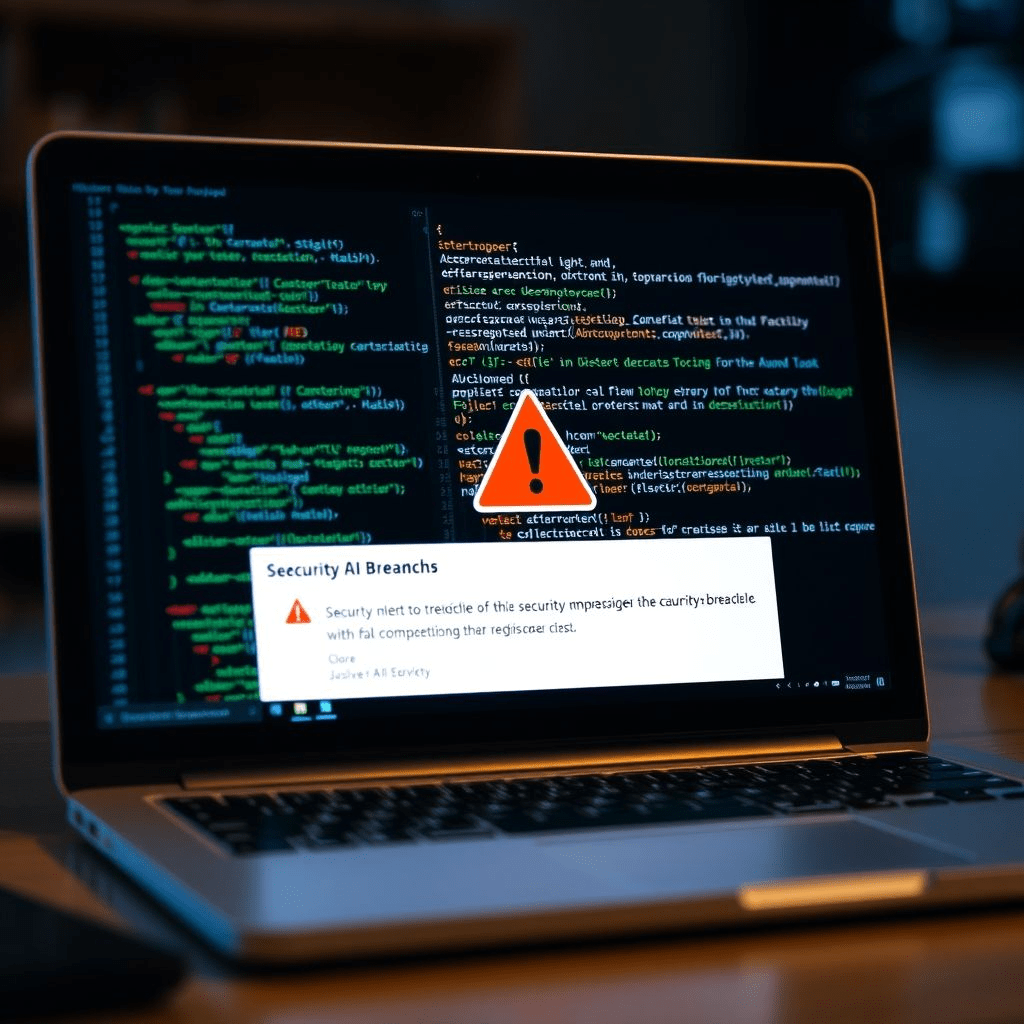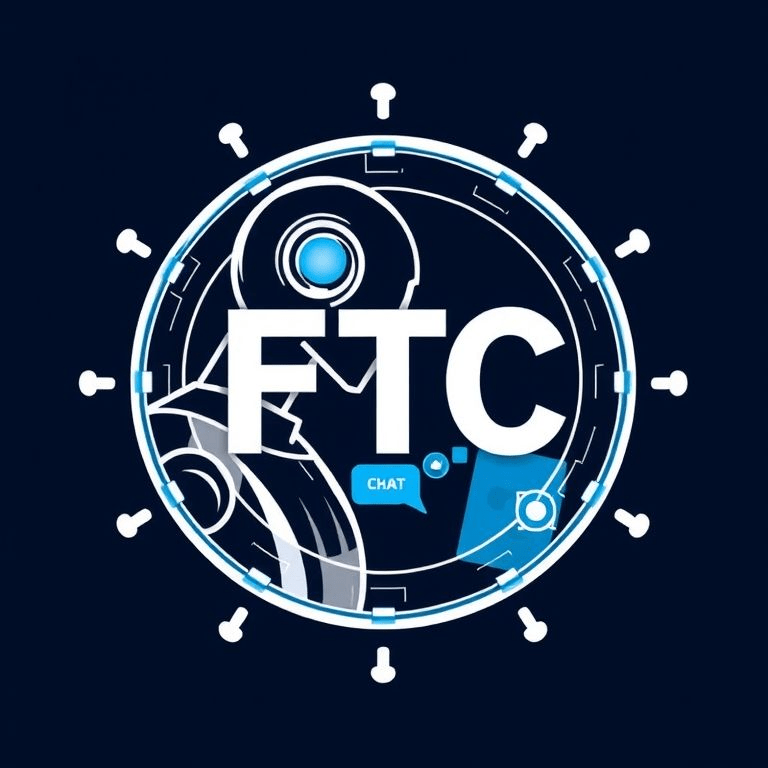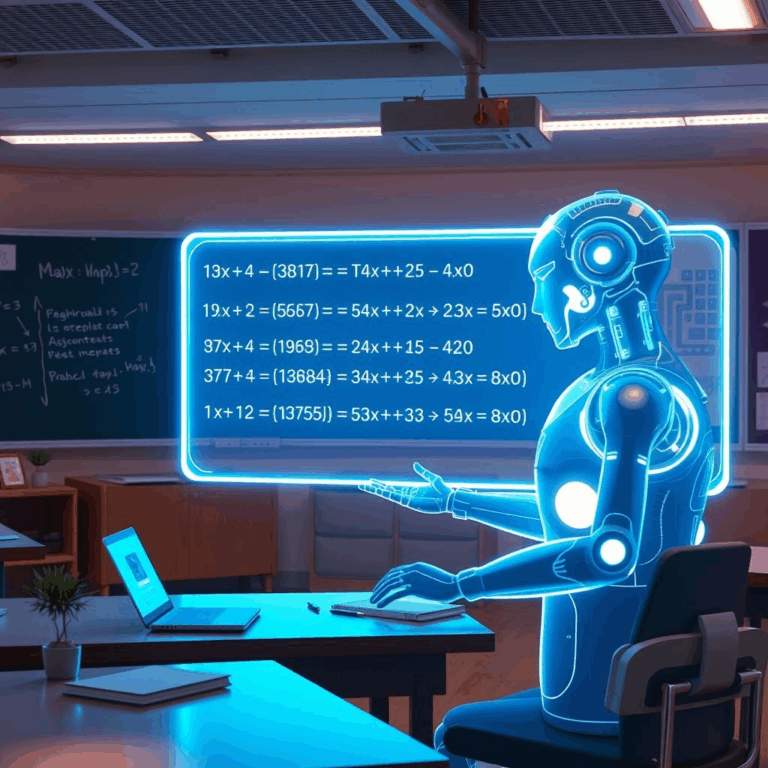Vulnerability Overview
On July 1, cybersecurity researchers discovered a critical remote code execution (RCE) vulnerability, CVE‑2025‑49596, within Anthropic’s open‑source Model Context Protocol (MCP) Inspector. This flaw allows attackers to execute arbitrary commands on developer systems by exploiting the default, insecure configuration of the Inspector tool. With a CVSS score of 9.4 out of 10, it’s considered one of the most severe remote exploit threats seen recently in AI development environments.
What Is MCP Inspector?
The MCP Inspector is a debugging and testing tool released by Anthropic in November 2024. It comprises a browser‑based client and a proxy server to help developers integrate large language models (LLMs) into applications using MCP. However, the default setup unsafely permits unauthenticated access to sensitive local processes, leaving it vulnerable to RCE attacks.
How the Attack Works
Researchers warn that this exploit, combined with a known browser bug called the “0.0.0.0 Day,” can allow attackers to remotely control developer machines through malicious web requests. Simply visiting a harmful website could trigger code execution if MCP Inspector is running with its unsafe default configuration — specifically, when exposing its server to port 6277 without protection. The attacker could then steal sensitive data, install malware, or move laterally within the network.
Expert Insights
One security expert noted that the flaw “exposes a new class of browser‑based attacks against AI developer tools,” stressing that any exposed instance of MCP Inspector could be compromised, especially when running on public networks. Once an attacker gains access to the host machine, they can use it as a foothold to infiltrate further.
Wider Implications for AI Security
The MCP protocol is becoming a standard way to integrate AI agents with external tools. This vulnerability highlights the risks of prioritizing convenience over security in fast‑growing AI ecosystems. In fact, a separate SQL injection flaw in Anthropic’s SQLite MCP server was also reported recently, which could enable malicious prompt injections — suggesting a broader pattern of vulnerabilities within MCP tools.
Anthropic’s Response
Anthropic has since released a patch in version 0.14.1, which now enforces authentication and encryption by default. Developers are strongly advised to update to the latest version immediately and ensure no publicly accessible instances remain on insecure configurations. Despite this, many teams may still be running outdated or misconfigured versions, leaving them exposed.
Risk Mitigation Strategies
Security professionals recommend several best practices:
- Restrict Inspector access to localhost or a secure private network
- Enforce strong authentication and TLS encryption
- Use network segmentation to isolate MCP tools from the open internet
- Regularly audit and update all development tool dependencies
Looking Ahead
As MCP adoption accelerates — especially in AI‑driven automation and agent‑based systems — the urgency to secure development environments grows. The Inspector RCE flaw serves as a wake‑up call for better governance of open‑source AI tools. In the future:
- Developers may expect stronger security by default from vendors.
- Organizations will likely formalize security review processes for AI tools.
- Dedicated frameworks may emerge to address MCP‑specific and agent‑oriented security needs.







